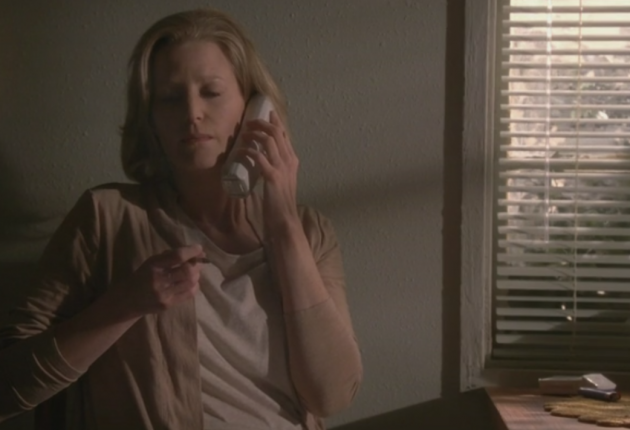What is fanservice and when is it (breaking) bad?
By granderojo 18 Comments

Fanservice as I define it: the pursuit or ambition of cultural heterogenization by means of homogenization. In a world where television is driven by capital, Breaking Bad serves as a beacon of fanservice. Anyone who uses twitter and follows creators of popular works should know, it is readily apparent that they pay attention to the internet now. If you don’t believe me look at these graphs. Whether or not you believe IMDB is an accurate polling population, the rise in ratings correlate accurately to the years in which social media took off. For most fans of the show, the most common word associated with the finale was “perfect”. When you look at the rise of the #TeamWalt and #TeamJesse whether or not these were organic grassroots movements by fans or well-orchestrated marketing maneuvers by AMC and Gilligan, the effect that they had on the show was evident. Breaking Bad became less about character development, and instead about writing to an audience. The most troubling aspect of the usage of the hashtags is that it highlights how, at their least offensive they simplify otherwise complex characters to petty punditry. At their most offensive they lead to hateful attacks to the most redeeming qualities of the show, it’s cast.
Drug culture is uniquely local in nature, and Gilligan failed to make Albuquerque a place like David Simon did with Baltimore. Instead of embracing the local culture, Gilligan tried to dominate it. This persists across most television that is made in America. He created these characters, and so did the cast, that were more than their surroundings. You could take Breaking Bad, change the location, and it would effectively be the same show. The use of Latin culture in Breaking Bad for instance, while it’s a constant in the series is superficial at best. The scene of Mexican chemists being dominated by high school dropout in cooking meth tells you about as much as you need to know about how much Gilligan cares about Latin culture. Don’t confuse what I say, there’s nothing racist or racially motivated about that decision. Instead, Latin culture a prop to be used, an excuse to deliver a satisfying development of Jesse Pinkman’s character. Aaron Paul admits himself, Jesse was a throwaway character until it became clear to Gilligan that fans liked his character.
This isn't to say that I hate Breaking Bad. I am, at the end of the day, a fan myself. Seeing a show embrace the exponential decay of each and every main character falling into chaos was simply beautiful because it was a new gimmick. As fans we have to ask ourselves, is this healthy? It’s clear that if creators are cognizant of what social media perceive about their shows, that creating endings that offend the least amount of people is in their best interest. The Aaron Paul example is not a new one, shows often highlight minor characters after it’s become clear that they’re popular. What is different is the mechanisms & speed at which creators have to become cognizant of these sea-changes and their willingness to react. I guess ending with the least offensive, as close to a fairy-tale finale possible is fruitful. The ending by it’s nature, is what most critics and fans will obsess over if they still bother talking about your show. I can’t help but think ending the finale in the kitchen and leaving the rest of the story unresolved, while unpopular, would have been the healthier note for the show to end on.
